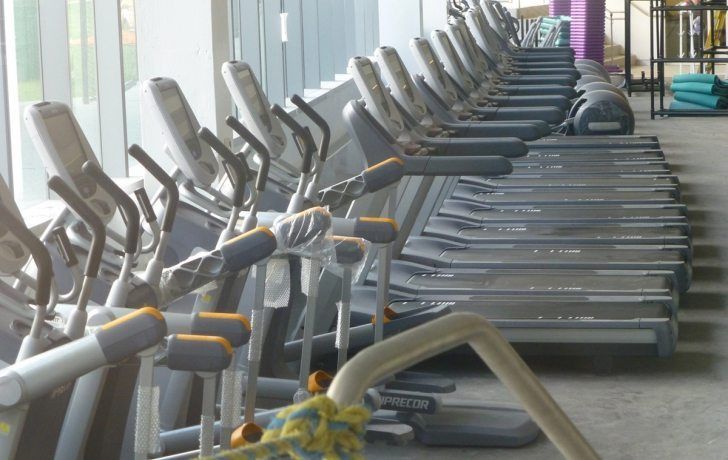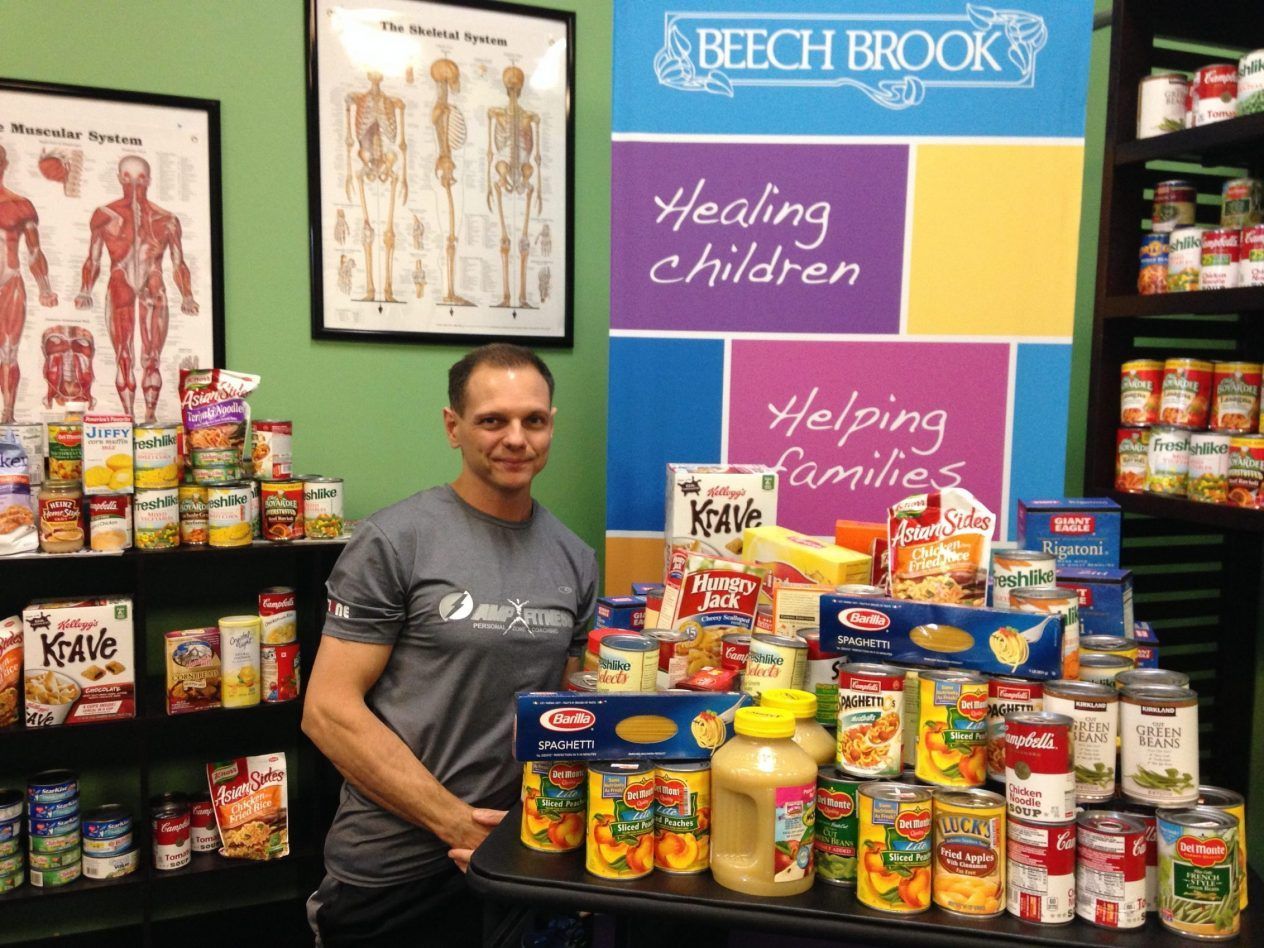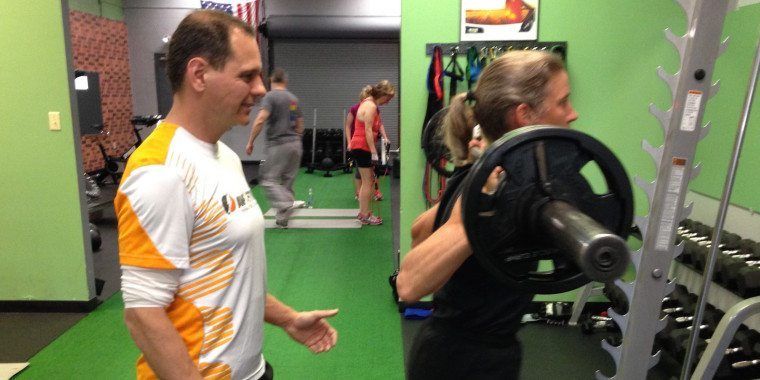While beginning an exercise routine can be exciting and rewarding, it also involves work on your part.
To help make the path to a newer, healthier you a little smoother, here are 10 things, courtesy of sportsmedicine.com, that you should not do on your way to a better life.
Don’t Skip It: Many people get hung up on the “all or nothing” approach to exercise, but even if you don’t have the amount of time you want or think you need for a complete workout, doing something quick can give you long-term benefits. Even 10 or 15 minutes of exercise can provide a needed pick me up, help reduce metal fog or stress, help build strength, get the blood circulating and give you a cardiovascular boost.
Don’t Get in a Rut: Mixing up the type of exercise you do with cross training, and changing the intensity of your workouts throughout the week and months can help you maintain a well-rounded fitness routine and keep your body in balance. If you do the same thing day after day, odds are higher that you will overuse some muscles or movement patterns and neglect others. This will not only set you up for chronic overuse injuries but it can also lead to mental fatigue and boredom. Exercising the whole body in a variety of ways can help you achieve both physical and mental balance.
Related: 5 ways to stay motivated to exercise
Don’t Get Sloppy: Poor technique or poor body mechanics are more likely to result in injury. If you aren’t certain how to safely do certain exercises, it may be worthwhile to work with a certified personal trainer. Exercise equipment is adjustable and it’s important that you set it up to fit you before you use it. Using poorly adjusted equipment is a set-up for injury.
Don’t Rush Results: Exercising too hard and too often, and doing too much too soon not only ups your likelihood of pain, but it also leads to fleeting fitness results. Consistency and gradual progression are important principles to follow in order to avoid injury as you make lasting fitness improvements.
Don’t Skip Your Warm Up: Taking even just five minutes to gradually warm up by increasing your body temperature and heart rate has been shown to decrease your risk of injury.
Don’t Underestimate Your Sleep Needs: Sleep is one of the most underrated training tools in your toolkit. In a sleep-deprived culture, many of us don’t receive the sleep we need to function optimally, but lack of sleep is even more detrimental to training, performance and health.
Don’t Be a Weekend Warrior: Exercising only on weekends may be better than nothing, but it’s not the ideal strategy for building fitness or maintaining a healthy lifestyle. Saving all your exercise for the weekend can also make you more prone to injuries.
Related: Do you homework when hiring a personal trainer
Don’t Overdo the Energy Foods: If you exercise less than 90 minutes, and you eat regular meals, you probably don’t need to replenish your calories during your workout. If you feel hungry before or during a workout eat something, but be mindful of how much you consume and if you really need the extra high-calorie bars and drinks. The casual exerciser can easily overcompensate for an average exercise session by thinking they need to eat more, or eat special “energy” foods. In most cases, this isn’t necessary and can lead to more calories than you really need.
Don’t Worry About Perfection: Worrying too much about your training times, results, body shape and workout routines can set you up for an unhealthy exercise obsession. When you neglect other aspects of your life and exercise becomes your entire focus, you may be heading toward an unhealthy relationship to exercise.
Don’t Be Rude: If you exercise in a gym or around others, there is some basic gym etiquette that you should heed. Some of the tips are basic common sense, but you’d be surprised by how many people in the gym fail to share or simple wipe down sweaty equipment. Always be considerate of other exercisers.












